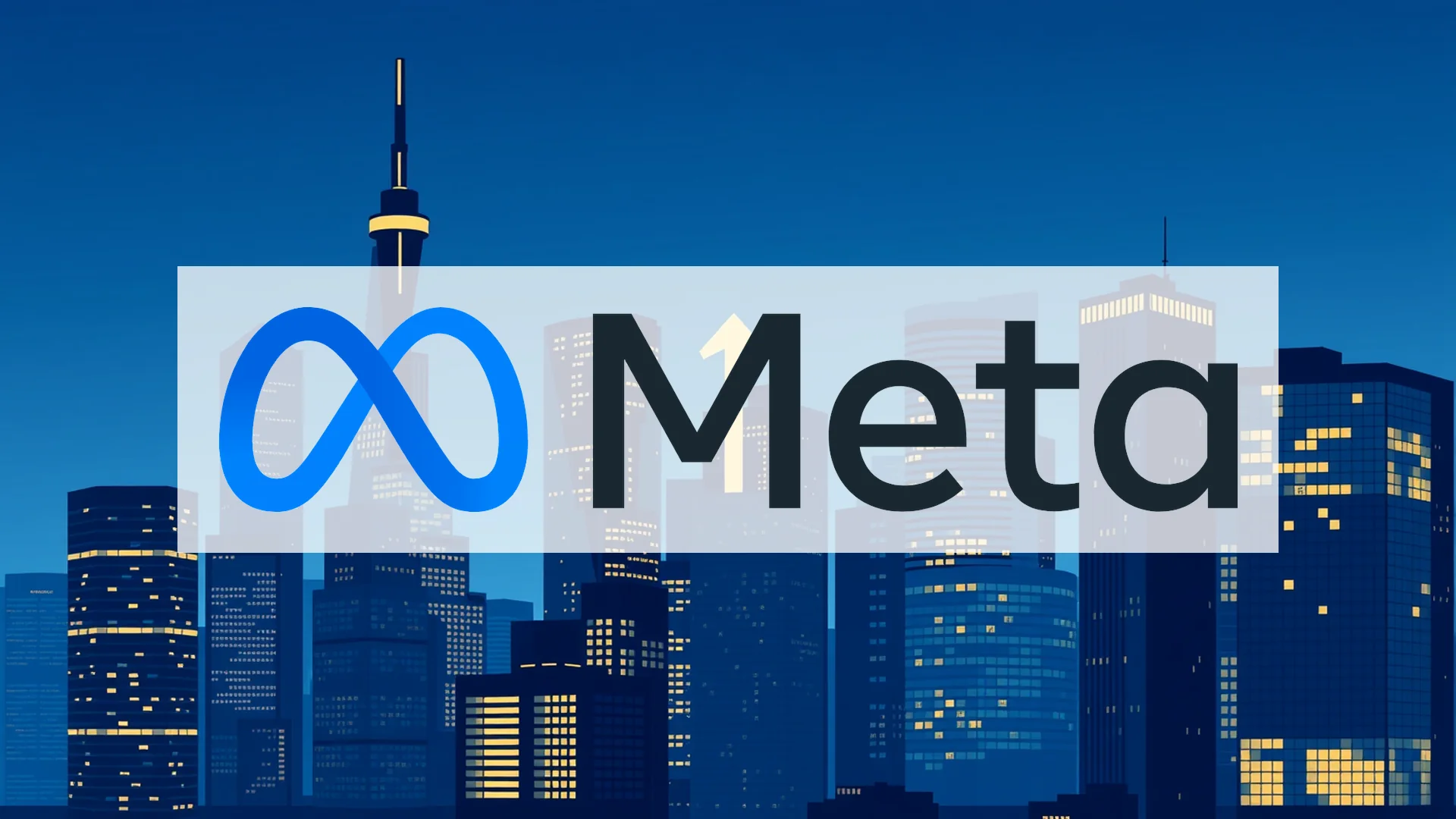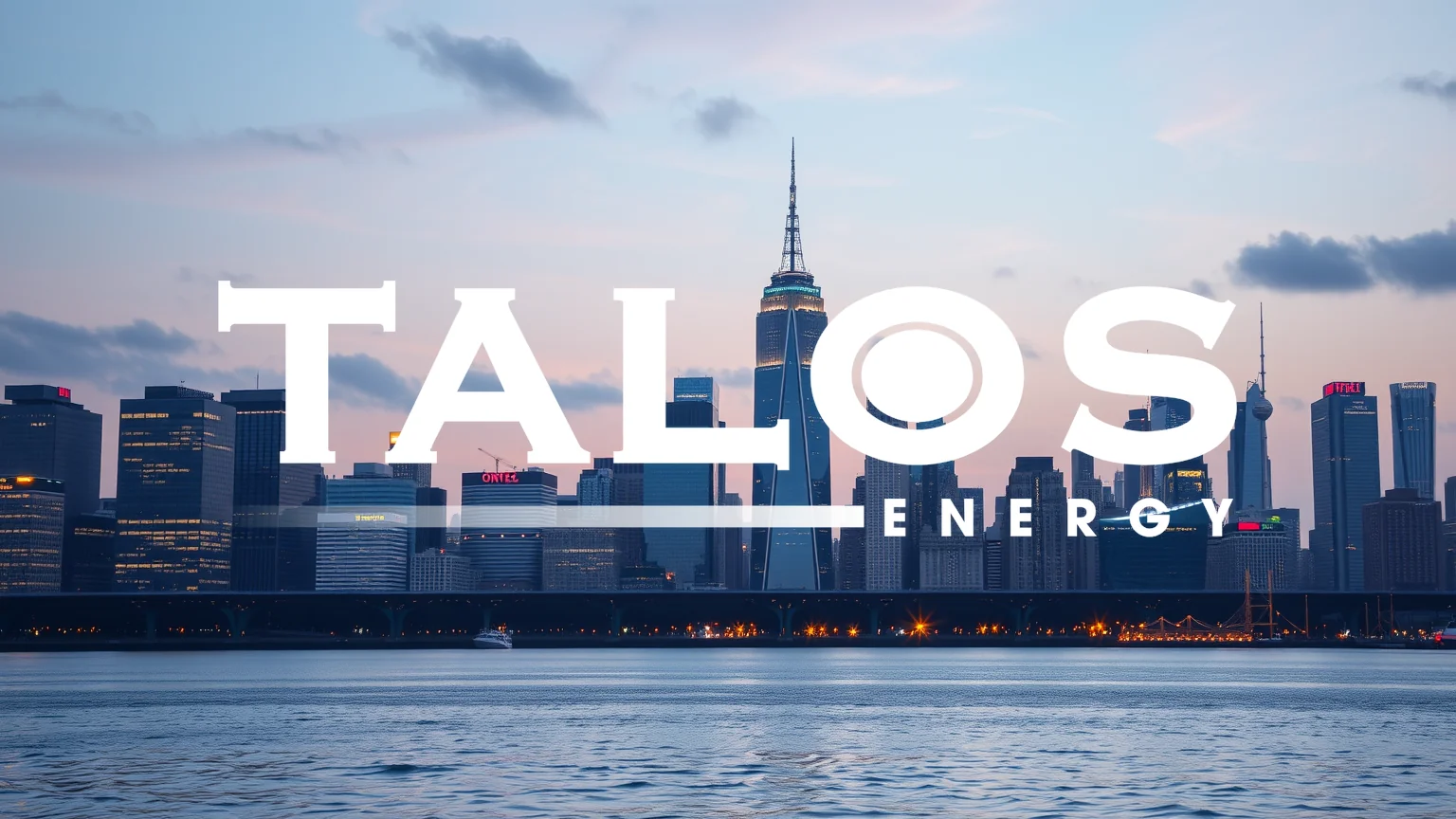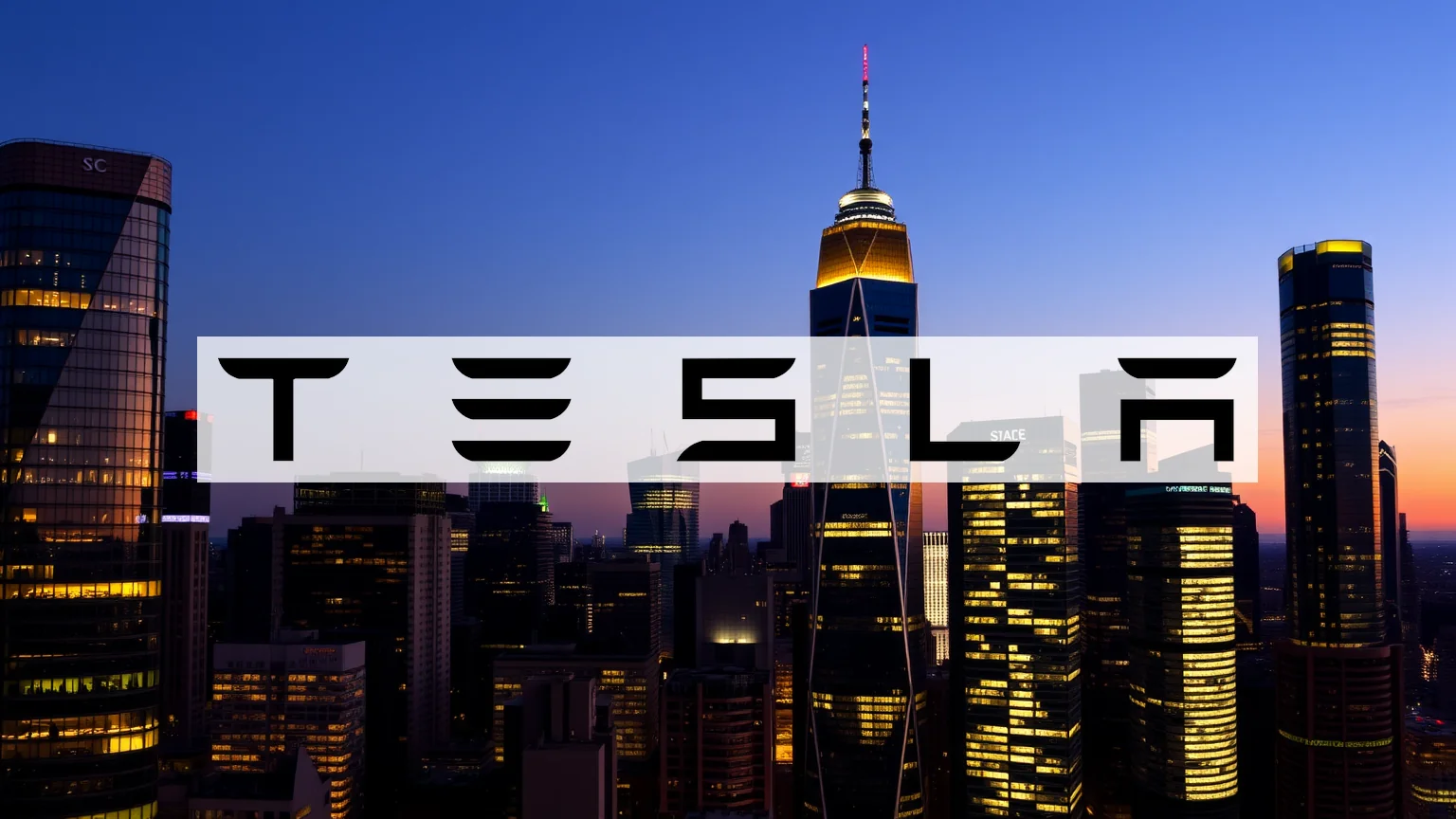A potential landmark agreement between Meta and Google’s parent company, Alphabet, is sending ripples through the semiconductor market. Reports indicate Meta is in discussions to incorporate Google’s Tensor Processing Units (TPUs) into its operations, a move that could significantly alter its relationship with current supplier Nvidia. This development triggered immediate market reactions, with Nvidia shares declining 3.6% in pre-market trading while Alphabet gained 2.6%.
Chip Diversification Strategy Takes Shape
According to sources cited by The Information, Meta intends to deploy Google’s specialized artificial intelligence chips within its data centers starting in 2027. Even earlier, potentially next year, the social media giant might begin renting TPUs through Google’s cloud division. This represents a notable strategic pivot given Meta’s status as one of Nvidia’s most significant customers, particularly as the company plans to invest approximately $70 to $72 billion in AI infrastructure during 2025 alone.
The motivations behind this potential transition appear multifaceted. Meta stands to benefit from supply chain diversification, access to customized solutions tailored to specific AI applications, and potential cost optimization. Google originally developed its TPU technology in 2018 for internal use, creating processors specifically engineered for AI workloads—potentially offering efficiency advantages over Nvidia’s more generalized GPU offerings.
Evolving Competitive Dynamics in AI Semiconductors
These rumored negotiations reflect broader transformations occurring across the AI chip landscape. While Nvidia continues to defend its market leadership position, competitive alternatives are gaining traction. Google has already secured an agreement to supply up to one million chips to AI firm Anthropic, while AMD and various startups are also making inroads.
Should investors sell immediately? Or is it worth buying Meta?
For Meta, this chip diversification strategy extends beyond simple risk management. The company is progressively integrating sophisticated language models and recommendation systems across its flagship platforms—Facebook, Instagram, and WhatsApp—requiring infrastructure that delivers optimal performance alongside cost efficiency. The planned TPU integration beginning in 2027 suggests a long-term vision where technological independence plays a central role.
Shifting Alliances in Technology
This potential partnership illustrates how strategic collaborations between technology titans are becoming increasingly commonplace. Although Meta and Google remain direct competitors in the digital advertising space, their interests may align in AI infrastructure development. Such an arrangement would provide Google with commercial validation for its TPU technology while enabling Meta to optimize its substantial capital investments.
For investors, the critical question remains whether Meta can successfully translate these significant capital expenditures into sustainable competitive advantages, all while maintaining user engagement levels and stabilizing advertising revenue streams.
Ad
Meta Stock: Buy or Sell?! New Meta Analysis from February 7 delivers the answer:
The latest Meta figures speak for themselves: Urgent action needed for Meta investors. Is it worth buying or should you sell? Find out what to do now in the current free analysis from February 7.
Meta: Buy or sell? Read more here...










